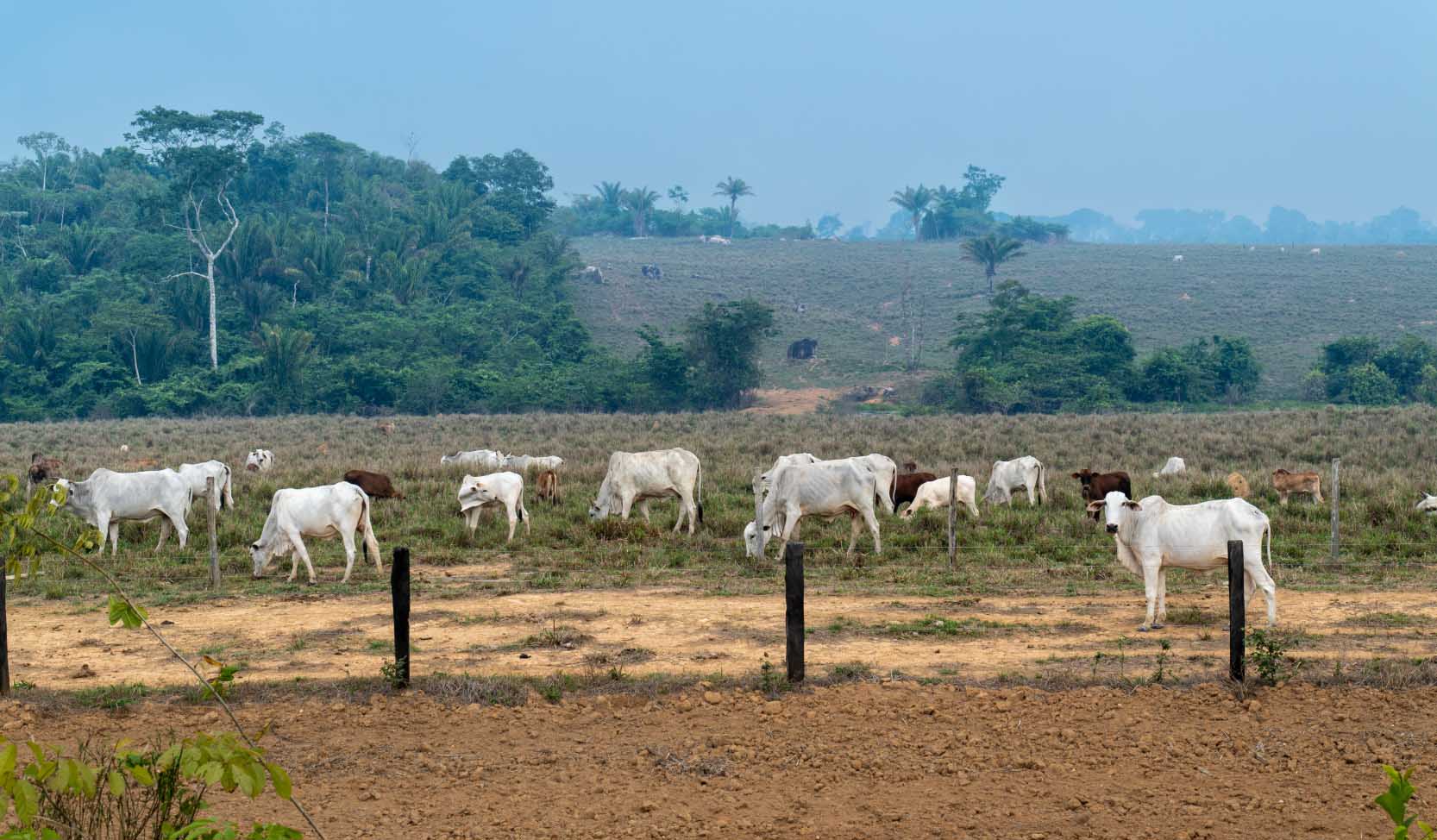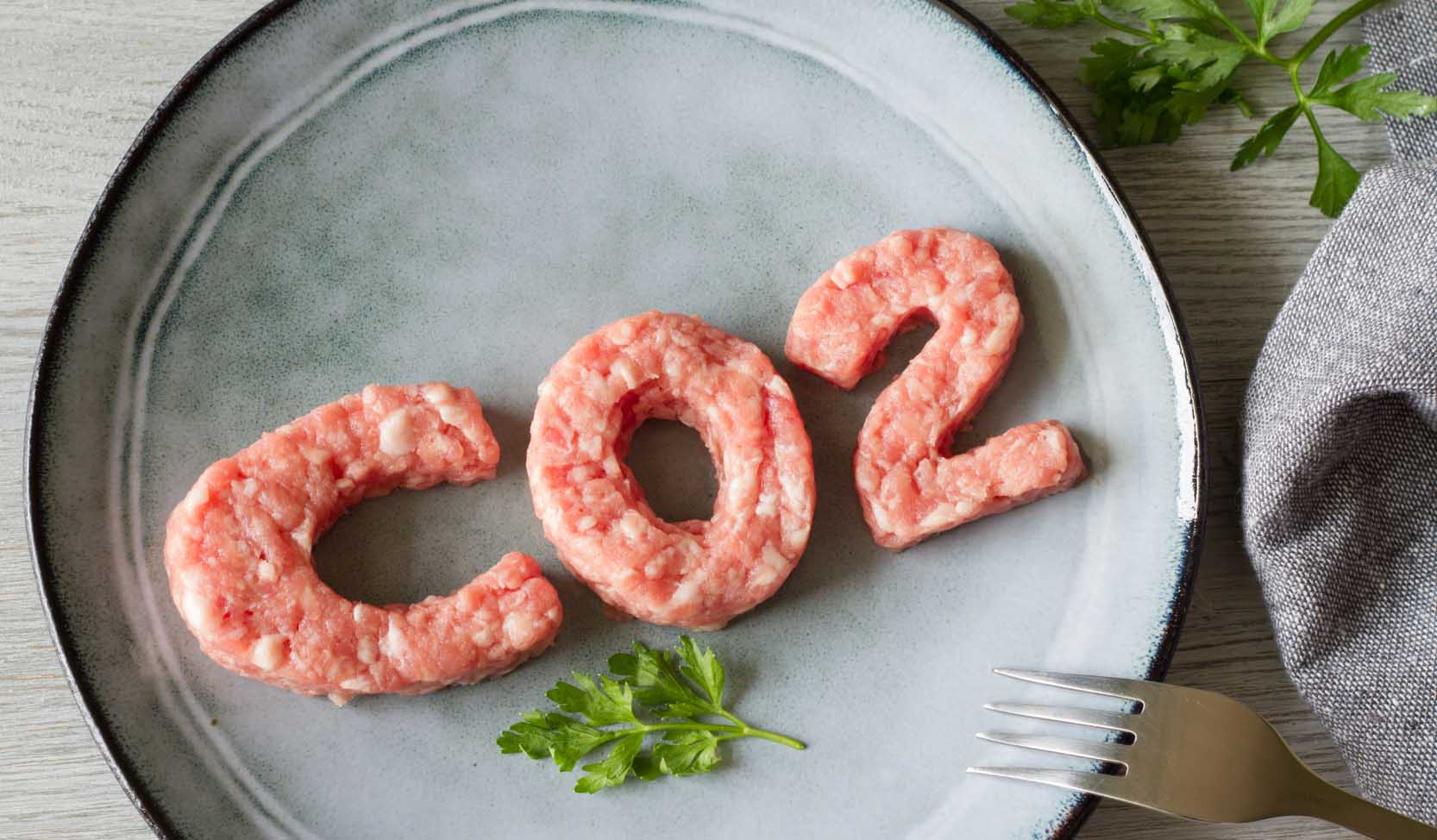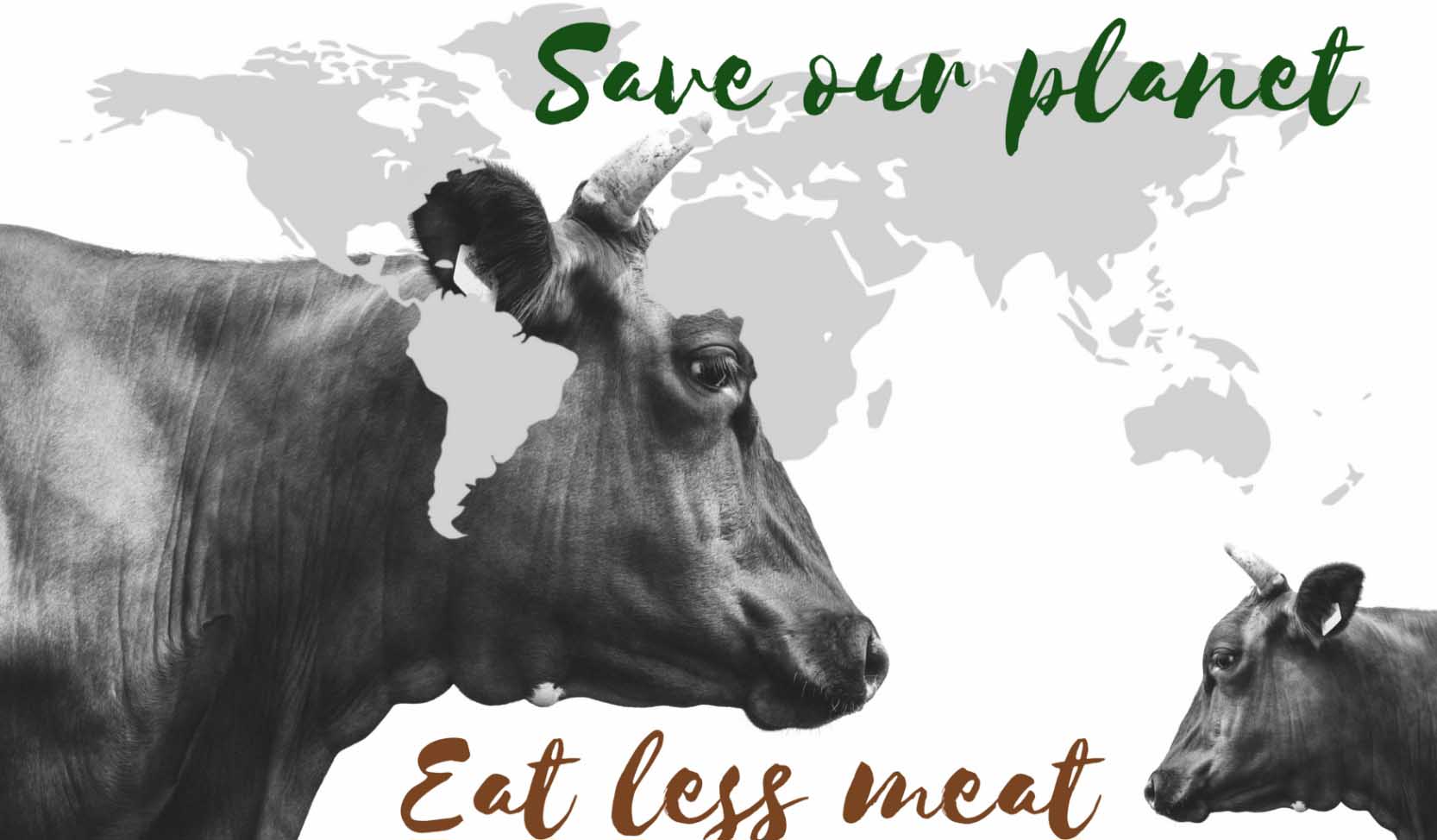
Greening the Food Industry: Plant-Based Meat's Role in Planet Saving
“Fruit and grains. The time will come when meat will no longer be eaten. Medical science is only in its infancy, yet it has shown that our natural diet is that which grows out of the ground.”

One sustainable solution stands out in our ongoing mission to combat climate change and protect our planet: Plant-Based Meat. Join us on a journey into this innovative food technology; discover its potential to preserve the health of our planet Earth.
Plant-Based Meat: A Sustainable Food Choice
Many of us enjoy meat and believe it is an essential component of delicious food. However, it's crucial to pause and reflect upon the challenges faced by our planet and future generations due to our current food system.
In one of our blog posts, "Individual Actions to Combat Climate Change", we emphasized the power of personal contributions to mitigating climate change. Every decision we make directly impacts the environment, including our choices within the food system. It is alarming to know that “the agri-food sector (the industries involved from farm to table) is one of the main emitters of greenhouse gases (GHGs), generating more than one-third of global GHG emissions," with “animal-based food production ... responsible for more than half of the greenhouse gases that the agri-food sector produces.”1

Meat consumption not only contributes to greenhouse gas emissions but also leads to deforestation, water pollution, and land degradation. Suppose we persist with our current patterns of meat production and consumption. In that case, we will encounter two threatening challenges: "First, providing enough food for 9–10 billion people by 2050, and second, preventing climate catastrophe."2 However, amidst these challenges, there's still a ray of hope. The combination of human ingenuity and technological advancements has given rise to a sustainable solution; substituting animal-based meat with plant-based meat.
What is Plant-Based Meat?
Plant-based meat is formulated to mimic the taste, texture, and smell of various types of animal meat. This innovative meat alternative is designed to address the negative impacts of conventional meat consumption. Plant-based meat products are rich in essential nutrients, including vitamins, fats, minerals, water, protein, and high fiber. Some popular sources of plant-based meat include wheat gluten or seitan, soy and tofu, pea protein, potato starch, coconut oil, beans and lentils, nuts and seeds, and vegetables.
Environmental Impacts of Plant-Based Meat
Meat production has long been criticized for its “overuse of water supplies, landscape degradation, and greenhouse gas emission.”3 Plant-based meat production stands out as the foremost solution among emerging alternatives to mitigate the environmental impact of traditional meat production. In this blog post, we explore the environmental impact of plant-based meat, focusing on its role in combating climate change, preserving natural resources, and fostering a sustainable future. By analyzing these aspects, we aim to understand how plant-based meat positively influences our environment. Also, it is crucial to note that we will encounter a significant challenge in the plant-based meat industry, which has the potential to hinder sustainability in our food system. Therefore, careful consideration of this challenge is essential as we make the transition to a plant-based diet.

Produce Lower Levels of Greenhouse Gases Emission
Plant-based meat production emits 30%-90% less GHG than animal meat production. According to a global GHG emissions report, four primary processes are major contributors to emissions: “enteric fermentation, manure management, feed production, and energy consumption.”4.
Here are some facts about animal agriculture and meat production from this report: The following four primary processes of animal meat production account for about 45% of emissions:
Enteric fermentation: Natural digestive process in the stomachs of animals, particularly cattle, buffalo, and small ruminants. This fermentation contributes around 40% of total emissions, with buffalo and small ruminants also emitting CH4.
Manure management: Methane and N2O emissions from manure storage and processing (excluding application and deposition), which means the emissions generated during the storage and processing of manure, not when used as fertilizer or deposited on the ground, represent about 10% of emissions.
Feed production: The conversion of land, particularly natural ecosystems such as forests or grasslands, into pasture or agricultural fields for growing fresh roughage can result in half of the emissions.
Energy consumption: mainly related to feed production and fertilizer manufacturing, contributes about 20% of total emissions.

“Pile of cow dung symbolizing methane pollution, a powerful greenhouse gas contributing to climate change.”
Now, let’s examine some facts from recent studies that showcase the effects of replacing plant-based meat with animal meat:
“Replacing 5% of German beef consumption with pea protein could reduce CO2 emissions by up to eight million tons a year.”
“Plant-based burgers were associated with up to 98% less greenhouse gas emissions compared to beef burgers.” 5
Plant-based alternatives reduced greenhouse gas emissions by three times compared to green cement (an environmentally friendly alternative to traditional cement), seven times compared to green buildings (eco-friendly buildings), and 11 times compared to emissions-free cars like Tesla.6
“Just 29% of GHG emissions come from the production of plant-based foods.”7
Plant-Based Meat as a Key to Conserving Natural Resources
Plant-based meat production requires less water and land compared to animal meat production. It also helps preserve water ecosystems and sea animals from eutrophication (a process where excessive nutrients, like nitrogen and phosphorus, enter the water leading to an overgrowth of algae and aquatic plant life draining oxygen levels and disrupting the ecosystem balance). Here animal meat and plant-based meat are compared in three aspects: water consumption, land occupancy, and disturbance to water ecosystems.
Plant-based meat uses 72%-99% less water than animal-meat production. When 1,847 gallons of water is needed to produce 1 pound of beef, Plant-based meat production cuts out the primary water requirement in conventional meat products. The primary water requirement includes animal hydration, feed crop irrigation, animal cleaning and sanitation, and slaughter.
Plant-based meat production needs 47%–99% less land compared to animal meat production. Raising livestock requires vast areas of land for grazing purposes.
Plant-based meat preserves sea life by reducing aquatic nutrient pollution generated from animal waste by 51%–91% less than animal meat production.

“Save our planet by eating less meat and transforming the food industry towards sustainability.”
What is the Challenge in the Plant-Based Meat Industry Towards Achieving Sustainability?
While mimicking the appearance of meat initially attracts consumers, it is essential to consider the long-term sustainability of plant-based meat products. To contribute to the world's betterment, we must adapt our behaviors and habits to align with the planet's sustainable needs. This requires consciously choosing alternatives to overcome our reliance on animal meat. It is crucial to acknowledge that technology-driven approaches employed in producing plant-based meats can entail substantial resource consumption across various dimensions, including water, land, energy, extensive processing, packaging, and transportation. With the increasing demand for plant-based alternatives, it becomes crucial to develop production methods that prioritize environmental sustainability and aim to reduce the overall ecological footprint. While transitioning from meat consumption to plant-based diets requires time, it is understandable that producers are striving to create meat-like appearances for these products. This transition is expected to facilitate the shift towards more sustainable dietary habits, ultimately ensuring a safe and habitable Earth for future generations.
Plant-Based Meat Brands in Spain
Several exciting plant-based meat brands in Spain offer delicious alternatives to traditional meat. Two notable eco-friendly startups based in Barcelona are Heura Foods and Nova Meat. Heura Foods uses special techniques to make plant-based ingredients resemble the texture of meat by using heat and mechanical force. On the other hand, Nova Meat uses 3D-printed food technology to create complex structures and textures with plant-based ingredients. You can find these brands in supermarkets and select restaurants, offering a wide range of tasty and sustainable plant-based meat options.
Is Plant-Based Meat Sustainable?
In pursuing a more sustainable future, it's important to acknowledge that no solution is without its disfavors. However, we have the power to make conscious choices and contribute to a more sustainable world where the drawbacks are minimized. Plant-based products offer a significantly more sustainable option compared to animal products, as they require considerably less agricultural land and water, are less likely to harm aquatic ecosystems, and result in fewer greenhouse gas (GHG) emissions. By embracing innovative solutions such as plant-based meat and its environmental benefits, we not only contribute to a healthier planet but also preserve it for generations to come.
Read Our Insightful Blog Posts

Top 8 Innovations Shaping Our Green Future
Stay ahead with the latest sustainable innovations transforming our world. Explore cutting-edge technologies and solutions shaping a greener future.

Agroforestry: Revolutionizing Farming, Empowering Farmers, and Protecting the Planet
Discover the benefits of agroforestry, a sustainable solution that supports farmers and environmental protection.

The Joy of Giving: Unveiling the Neuroscientific Reasons Behind Charitable Donations
Uncover the neuroscience behind charitable giving and discover how acts of generosity can significantly uplift your mood, enhance social bonds, and contribute to a more fulfilling life.
Green Your Inbox!
With our Newsletters, Stay updated on our Stories of Change and Growth.
As a gift, get a personalised Nature E-card from PH.

